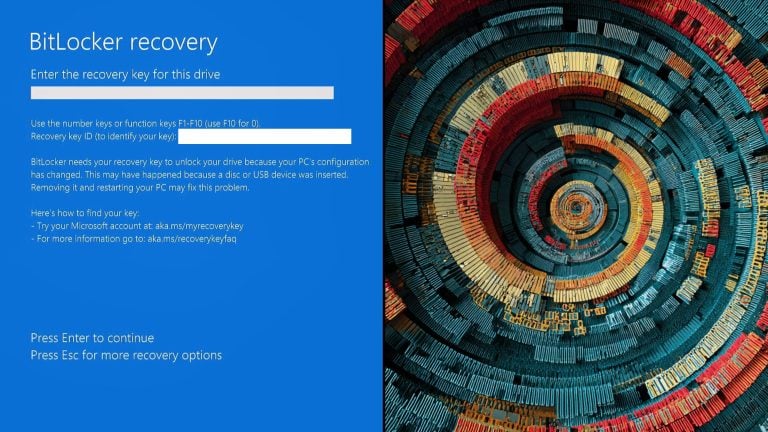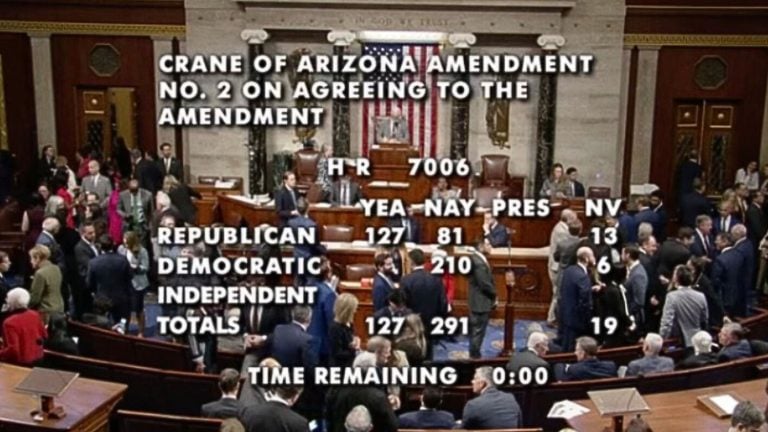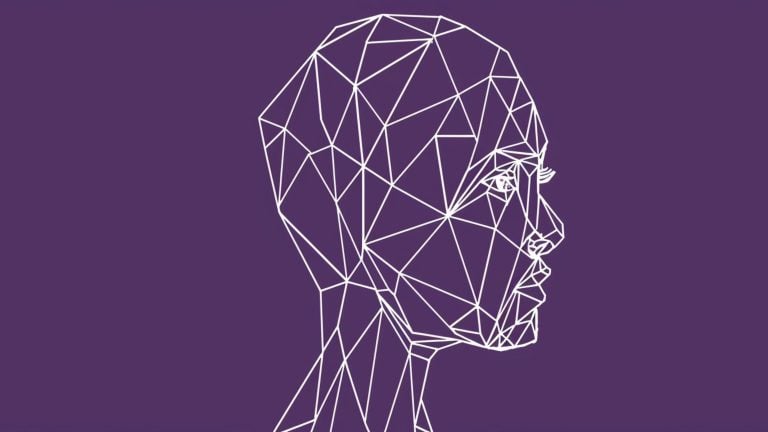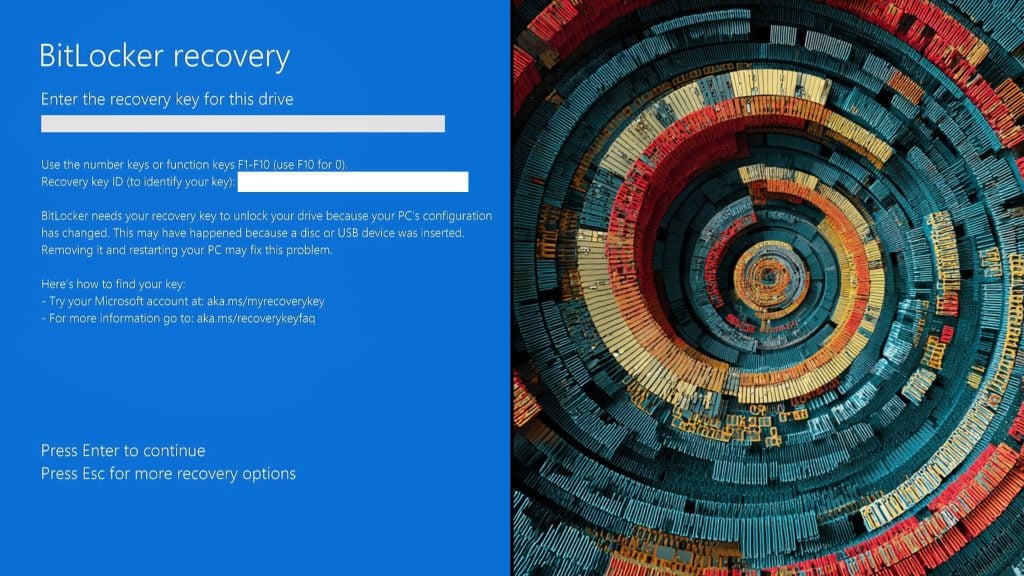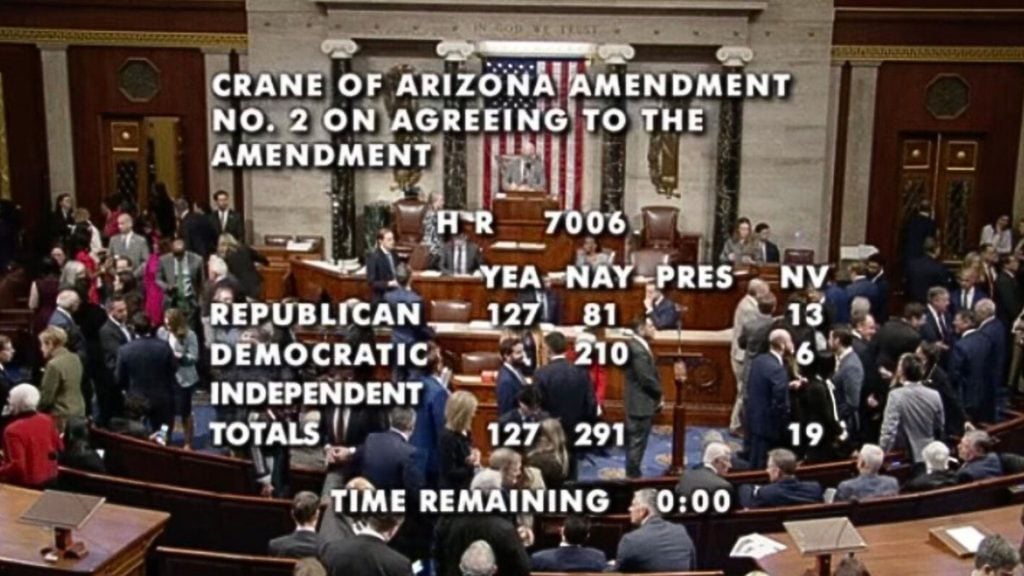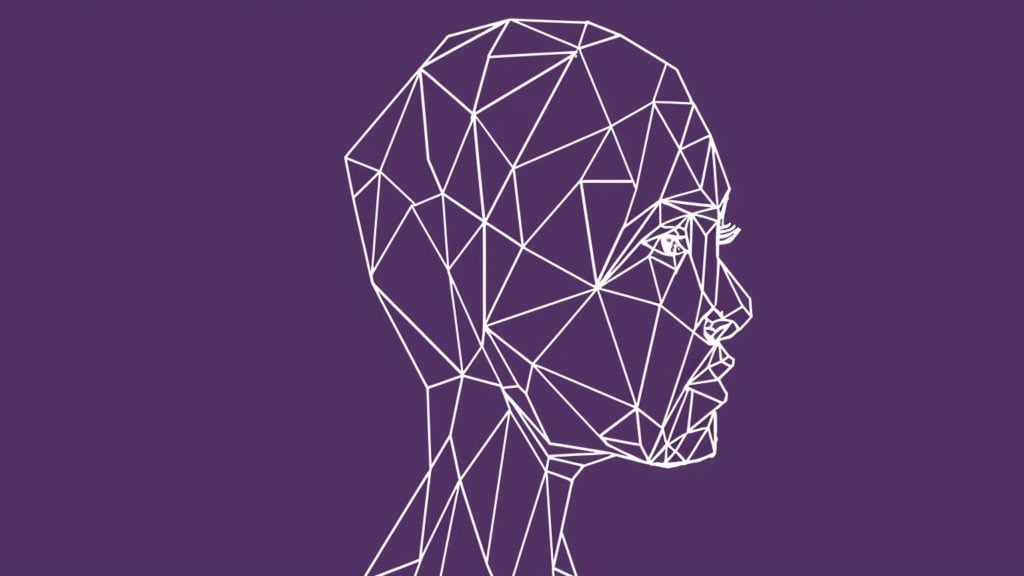In Ireland, the controversial Criminal Justice (Incitement to Violence or Hatred and Hate Offenses) Act 2024 has become law.
President Michael Higgins on Tuesday signed the bill – as Green Party leader Roderic O’Gorman welcomed the development, and vowed that if still in power after the November election, this party would “certainly” work to get even more “hate speech legislation” adopted.
This remark has to do with a temporary removal of some of the current bill’s controversial provisions, the implication being that those might make a comeback in some “new hate speech” bill.
The parts removed concern some incitement to violence and hatred and hate speech provisions; however, those on hate crime have been left in the text.
Prior to being signed into law, the amended Criminal Justice Act 2024 – known as the “Hate Crime Bill” – cleared the country’s parliament in a 78-50 vote earlier in the month, despite strong criticism both from politicians and free speech groups.
The general argument used by the law’s opponents is that it is criminalizing free speech in a number of ways, with the most ardent critics seeing the legislation as moving Ireland closer to oppression and the rule of tyranny.
One of the controversial parts of the law revolves around the definition of gender, which is both extensive and expansive: “(…) the gender of a person or the gender which a person expresses as the person’s preferred gender or with which the person identifies and includes transgender and a gender other than those of male and female.”
And if the chosen gender – such as it is defined here, is found to be the reason for “hatred” expressed against someone – then from now on, this is to be treated as an aggravating factor, bringing with it a greater sentence than would have been the case had the “protected characteristics” not played a role in the consideration of an offense.
Speaking of protected characteristics, the act defines them as religion – including “absence of religious belief” – race, ethnicity, gender (as defined), sexual orientation, disability, and also, “references to sex characteristics shall be construed as references to the physical and biological features of a person relating to sex.”
During the debate in parliament, the bill’s sponsors made sure to note that this legislation – in the way it criminalizes certain behaviors – is the first of its kind in Europe.


